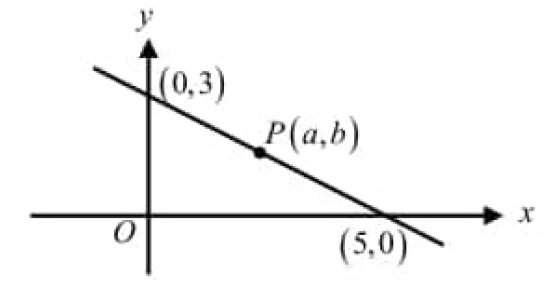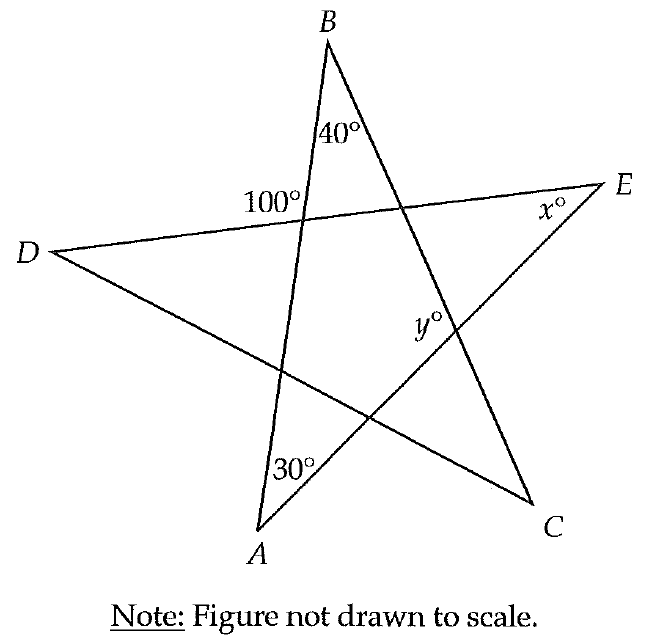DENSENESS PROPERTY OF RATIONAL NUMBERS
Consider a, b where a > b and their arithmetic mean is given by
(a + b) / 2
Is this arithmetic mean a rational number ? Let us see.
If
a = p/q (p, q are integers and q ≠ 0) ;
b = r/s (s, s are integers and s ≠ 0),
then
(a + b) / 2 = (p/q + r/s) / 2 = (ps + qr) / 2qs
which is a rational number.
We have to show that this rational number lies between a and b.
a - [(a + b)/2] = (2a - a - b)/2 = (a - b)/2 which is > 0
because a > b.
Therefore,
a > (a + b)/2 -----(1)
[(a + b)/2] - b = (a + b - 2b)/2 = (a - b)/2 which is > 0
Therefore,
(a + b)/2 > b -----(2)
From (1) and (2) we see that
a > (a + b)/2 > b,
which can be visualized as follows :

Thus, for any two rational numbers, their average/mid point is rational. Proceeding similarly, we can generate infinitely many rational numbers.
Example :
Find any two rational numbers between 1/2 and 2/3.
Solution :
A rational number between 1/2 and 2/3 is
= 1/2 ⋅ (1/2 + 2/3)
= 1/2 ⋅ [(3 + 4) / 6]
= 1/2 ⋅ 7/6
= 7/12
A rational number between 1/2 and 7/12 is
= 1/2 ⋅ (1/2 + 7/12)
= 1/2 ⋅ [(6 + 7) / 12]
= 1/2 ⋅ 13/12
= 13/24
So, two rational numbers between 1/2 and 2/3 are 7/12 and 13/24 (of course, there are more!).
There is an interesting result that could help you to write instantly rational numbers between any two given rational numbers.
Result :
If p/q and r/s are any two rational numbers such that
p/q < r/s,
then (p + r)/(q + s) is a rational number, such that
p/q < (p + r)/(q + s) < r/s
Kindly mail your feedback to v4formath@gmail.com
We always appreciate your feedback.
©All rights reserved. onlinemath4all.com
Recent Articles
-
Digital SAT Math Problems and Solutions (Part - 134)
Apr 02, 25 12:40 AM
Digital SAT Math Problems and Solutions (Part - 134) -
SAT Math Resources (Videos, Concepts, Worksheets and More)
Apr 02, 25 12:35 AM
SAT Math Resources (Videos, Concepts, Worksheets and More) -
Digital SAT Math Problems and Solutions (Part 135)
Apr 02, 25 12:32 AM
Digital SAT Math Problems and Solutions (Part 135)

